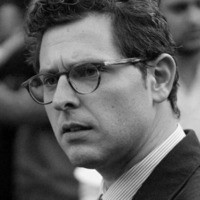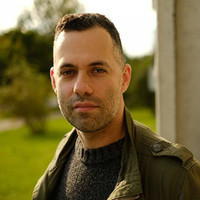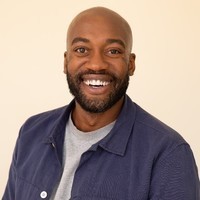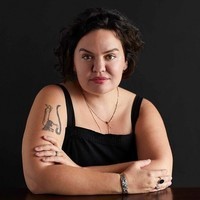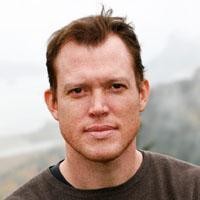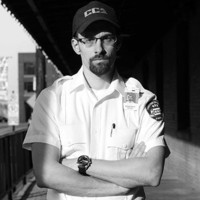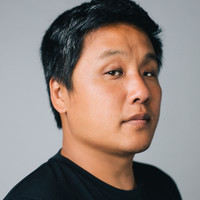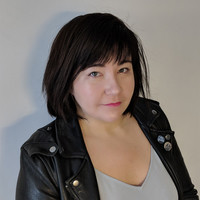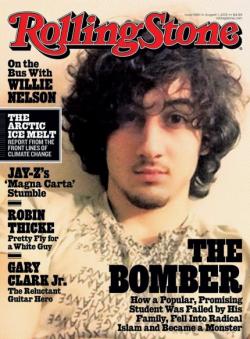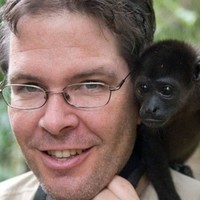The Sensational Tito Gaona And His Spectacular Aerial Flights
A profile of the “acrobatic genius of the trapeze”:
As he spoke, he looked up at the pipes and swings in the arena ceiling. A mechanic was working on the rigging, but Tito spoke thoughtfully, for he seemed to be seeing something else. "Sometimes I see movies of myself in the air and I say, 'Jesus, how can I do that?' I wonder who do I think I am ... but, yes, I do admire myself in films sometimes as if I am watching another person. I have sometimes dreamed my tricks at night, you know, and then tried to master them from the dream."
